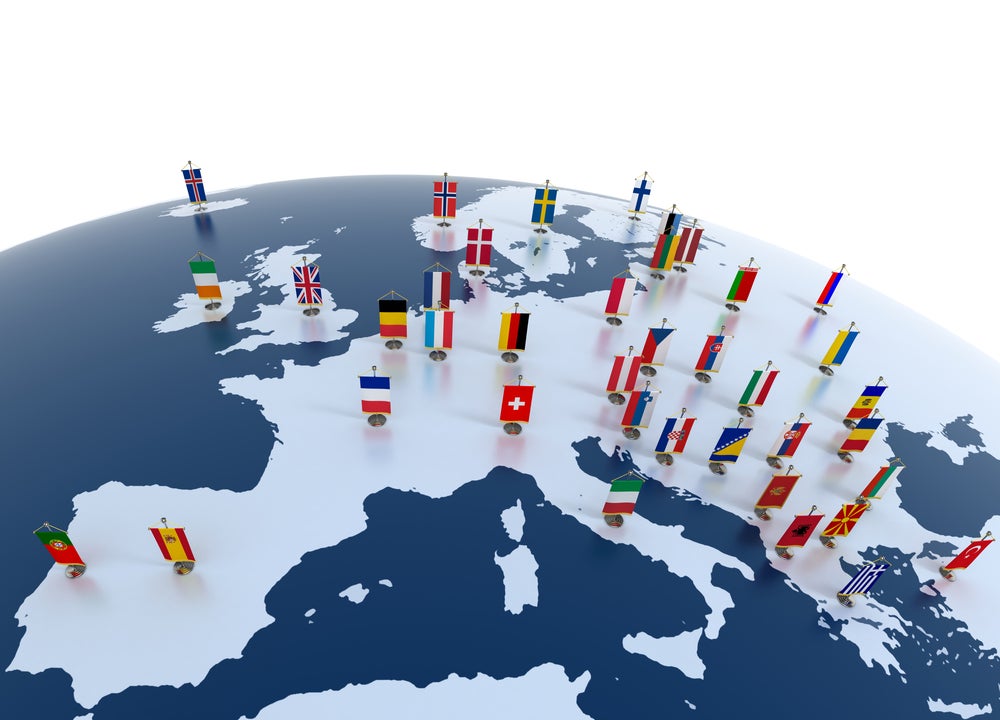Nine European accounting institutes have taken a step closer to
standardising professional qualifications across the continent.
The harmonisation is part of the Common Content project, which
is designed to make it easier for institute members to conduct
cross-border work and become members of participating institutes in
other countries.
In the most recent step, accounting institutes from France,
England and Wales, Scotland, Germany, Ireland, Italy and the
Netherlands have undergone a self-assessment process and detailed
review by teams from the other institutes to confirm their
qualifications have reached a high level of consistency.
The project focuses on select areas of the qualification process
for professional accountants, including assurance and related
services, performance measurement and reporting, strategic and
business management, financial management, taxation and legal
services.
David Cairns, the UK-based project director, told The
Accountant the Common Content project was set up in 2001 in a
consolidative process between the institutes and was led by the
Institute of Chartered Accountants in England and Wales. It aimed
to establish mutually recognisable qualifications that satisfied
national, EU and international requirements.
“We realised pretty early on that for lots of different reasons
we all have our own qualifications and creating a feasible single
global qualification would not be attainable. Therefore it was
decided to find mutual groundings and make it easier from a view of
providing education and training that can be provided anywhere,”
Cairns said.
How well do you really know your competitors?
Access the most comprehensive Company Profiles on the market, powered by GlobalData. Save hours of research. Gain competitive edge.

Thank you!
Your download email will arrive shortly
Not ready to buy yet? Download a free sample
We are confident about the unique quality of our Company Profiles. However, we want you to make the most beneficial decision for your business, so we offer a free sample that you can download by submitting the below form
By GlobalData“When we say ‘common’, we are talking about a level of around 80
to 90 percent. When we say ‘content’, we are talking about what
professional accountants are able to do, what knowledge they need
to do it and what skills they might have.
“The important thing about the requirements is that we have set
a high bar. So although we work by the fact that we conform to
international and EU requirements, we’ve quite deliberately set the
level of qualifications much higher so we can maintain the level of
quality in the people coming out of it,” he added.
Plans to extend the project to other national institutes are
being discussed, especially those in the EU whose qualifications
already meet Common Content requirements.
Preliminary discussions have taken place with institutes in
Spain, Belgium, Switzerland and the Nordic countries.
Cairns said major institutes outside the EU, including ones in
Australia, New Zealand, Canada and the US are also being considered
in terms of expansion efforts.
“What we would like to achieve down the line is involvement in
the project by all the premier institutes from all the major
countries,” Cairns said.
“Another thing that we would like to achieve, and have already
begun doing, is working with developing institutes – using the work
that we have done to help bring up the standards of the profession
in countries that aren’t yet at that standard.”
The nine institutes have agreed on a shared work programme for
the next three years, which will encourage the continued evolution
of the project.
Melanie White






